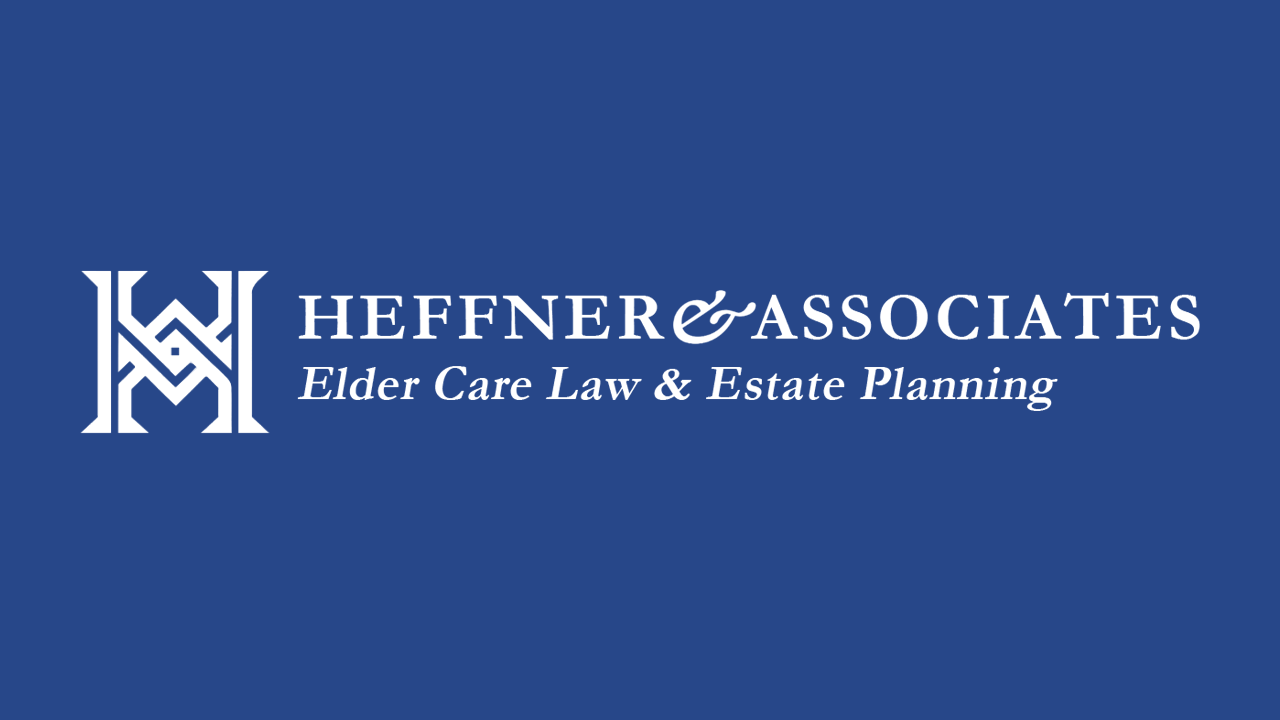It’s a fact of life: as people age, they slow down. Tasks that once were simple to accomplish become more challenging. But what happens when things like eating, taking medication and keeping up with cleaning completely fall by the wayside? That may be a sign of self-neglect.
While cases of elder abuse and financial exploitation are often seen in news headlines, there is not as much awareness of self-neglect, which is also a form of abuse.
Elder abuse and self-neglect cases are on the rise in Rhode Island and across the country. An estimated one in ten Americans aged 60 and up experience abuse.
What is self-neglect?
Self-neglect happens when an older person isn’t able to meet their basic daily needs or they resist help from others to do so. In fact, a nurse who has worked with hundreds of elderly people in self-neglect situations, noted that “one of the cardinal features of self-neglect is the refusal of any type of assistance.”
When an older person becomes disconnected from family, friends and neighbors, sometimes the self-neglect situation escalates to a severe stage before anyone notices. Isolation can be a vicious circle, and the older person’s support system may become alienated, making it harder to monitor or take steps to improve the situation.
Some key behaviors that may signal self-neglect:
- Not bathing/poor hygiene
- Serious uncleanliness or animal feces in home
- Not taking medications or not seeking medical care for problems
- Not eating
- Hoarding
- Unpaid bills
See the graphic below for more examples.
Who is likely to self-neglect?
There are some common characteristics of people who self-neglect; they are more likely to live alone and to be women (possibly because more women than men live alone).
There are often underlying causes to self-neglect, and it’s important to try to determine them, so that they can be treated to the greatest possible extent. Dementia, depression or other mental illness, long-standing alcohol abuse, and brain injury are all thought to be underlying causes, and more than one may be in play.
What can you do if you suspect self-neglect or elder abuse?
All residents of Rhode Island are mandatory reporters. Regardless of whether they are health professionals, everyone has a duty to report suspected elder abuse, exploitation (including financial exploitation) or self-neglect of an adult aged 60 or older.
Reporting suspected elder abuse or exploitation isn’t just the right thing to do–it’s the law. Reports can be filed anonymously if needed.
You can make a report to the Rhode Island Department of Healthy Aging’s Elder Rights and Safety (ERS) unit online or by phone at 401-462-0555.
![]()
